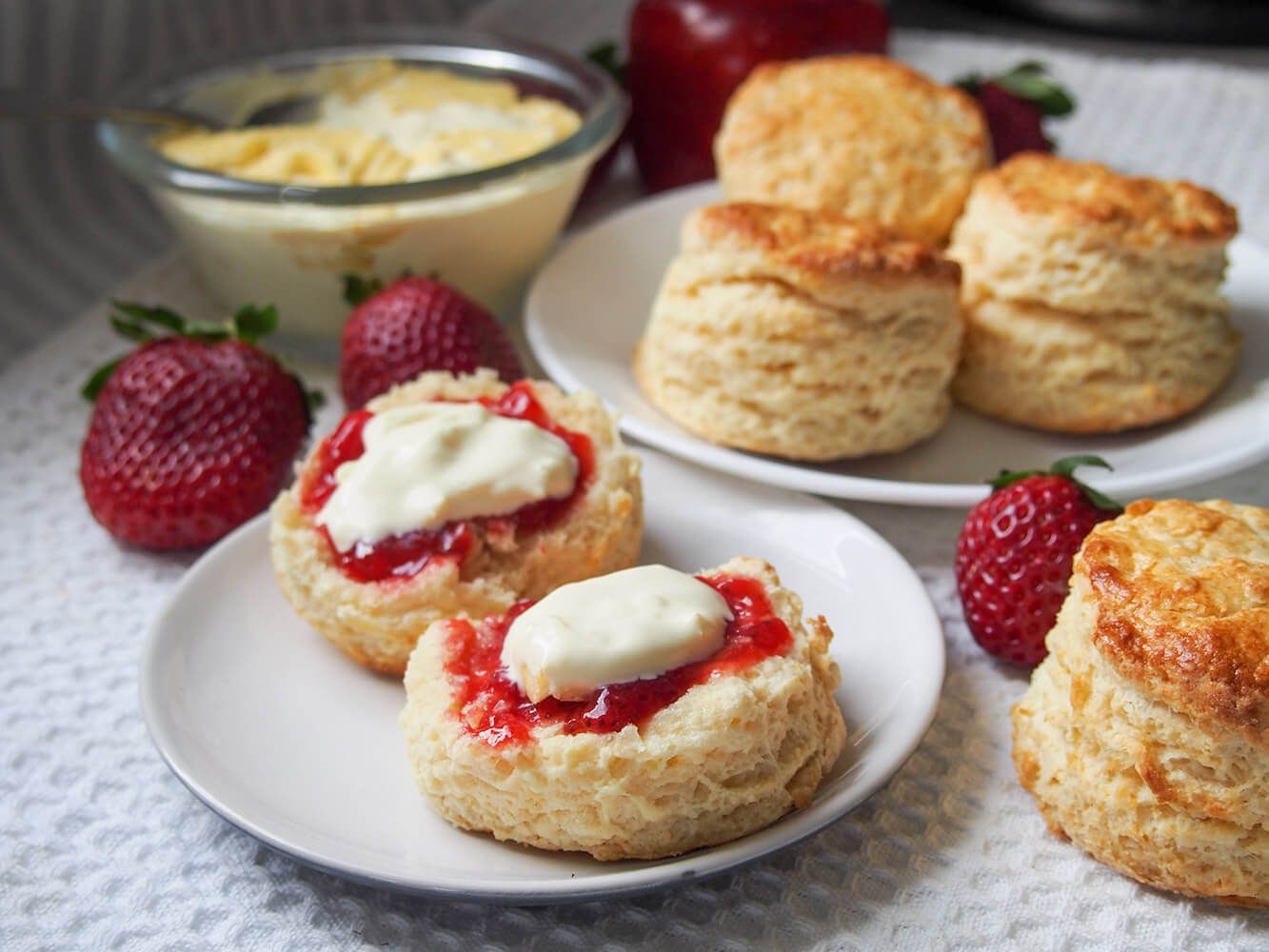Introduction:
Scones hold a special place in British culinary tradition, gracing tea tables and breakfast spreads with their comforting aroma and crumbly texture. While the art of scone-making has been passed down through generations, modern technology, particularly artificial intelligence (AI), is ushering in new possibilities for perfecting this beloved treat. In this article, we’ll explore the intersection of AI and British scone-making, delving into how advanced technology is revolutionizing the baking process and preserving cherished culinary heritage.
The Timeless Appeal of British Scones
A Culinary Staple:
Scones’ significance in British culture, from afternoon teas to breakfast rituals.
Versatility in Flavors:
Traditional variations like plain and fruit scones, as well as modern twists with savory and sweet ingredients.
The Art of Baking:
Techniques for achieving the perfect balance of lightness, crumbliness, and flavor.
The Emergence of AI in Baking
Advancements in Technology:
The integration of AI and machine learning algorithms into various aspects of food production.
Precision and Efficiency:
AI’s ability to analyze data, optimize recipes, and enhance baking processes for consistent results.
Preservation of Tradition:
How AI can complement traditional baking methods while streamlining production and minimizing errors.
The Role of AI in Perfecting Scones
Recipe Development:
AI algorithms analyzing vast datasets to refine ingredient proportions, baking times, and techniques for the ideal scone.
Ingredient Substitutions:
Using AI to suggest alternatives for dietary preferences or ingredient shortages without compromising taste or texture.
Quality Control:
AI-powered sensors and imaging systems ensuring uniformity and detecting imperfections during production.
Personalization:
AI-driven recommendations for scone variations based on individual preferences and dietary restrictions.
Collaborative Efforts in Scone Innovation
Partnerships Between Bakers and Tech Companies:
Collaborative projects leveraging AI expertise to enhance traditional baking practices.
Community Engagement:
Involving home bakers and enthusiasts in AI-driven scone experiments and recipe development.
Industry Adoption:
How bakeries and food manufacturers are embracing AI technologies to improve product quality and consistency.
Challenges and Considerations
Balancing Tradition and Innovation:
Ensuring that AI enhancements preserve the authenticity and heritage of British scone-making.
Accessibility and Affordability:
Addressing barriers to entry for smaller bakeries and home bakers in adopting AI-driven technologies.
Ethical Concerns:
Navigating issues related to data privacy, intellectual property, and the human role in culinary creativity.
Case Studies and Success Stories
Baker’s Delight:
A case study of a traditional bakery incorporating AI tools to optimize scone recipes and streamline production.
Home Baker’s Journey:
A personal account of a home baker’s experience using AI-driven recipe recommendations to elevate their scone-making skills.
Future Directions and Opportunities
AI-Powered Baking Appliances:
Integration of AI capabilities into home baking equipment for amateur bakers seeking professional-quality results.
Sustainable Scone-Making:
AI algorithms optimizing ingredient sourcing and production processes to reduce waste and environmental impact.
Culinary Education:
Incorporating AI-driven scone-making tutorials and workshops into culinary education programs for aspiring bakers.
Conclusion:
Honoring Tradition Through Innovation AI technology is revolutionizing the art of scone-making, offering new avenues for creativity, efficiency, and quality control while honoring British culinary heritage. By embracing AI-driven innovations, bakers of all levels can continue to delight in the timeless pleasure of scones while exploring new frontiers of flavor, texture, and technique. As we look to the future, AI promises to be a valuable ally in perfecting the quintessential British treat for generations to come.

